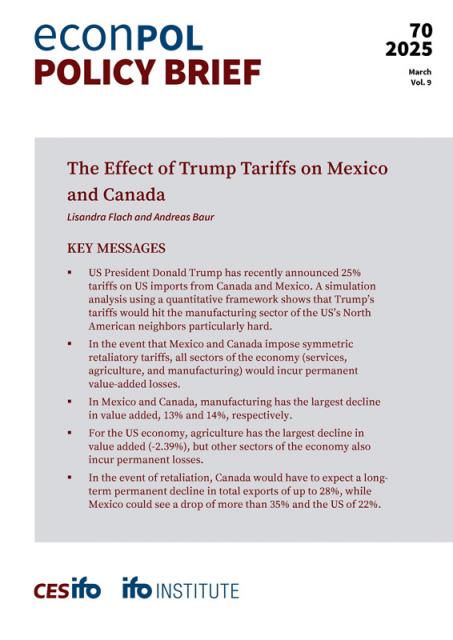If you would like to receive the latest press releases from EconPol Europe, email info@econpol.eu
Press releases
Italy’s Minimum Wage Should Be EUR 8.25–9.65 per Hour
The optimal minimum wage for Italy should range between EUR 8.25 and 9.65 per hour. This is one of the main conclusions of a new study by the research network EconPol Europe based on data from 2018. This amount corresponds to around 63 to 73 percent of the median wage in the observed sample of Italian firms. “We also show that the calculated value of the optimal minimum wage has remained relatively stable between 2011 and 2018,” says Mauro Caselli, one of the co-authors of the study.
EconPol Europe: Policymakers Should Consider High Public Debt Ratios as a Risk
High public debt ratios resulting from the Covid-19 crisis should be considered a potential source of problems, even in an environment of low interest rates. This is the key conclusion of a policy paper by Daniel Gros (EconPol, CEPS), which will be presented at EconPol’s annual conference. “A key but often overlooked legacy of the Covid-19 crisis is increased uncertainty,” Gros explains. In his paper, he points out that what makes increased uncertainty more important is that the cost of public debt goes up more than linearly with higher debt ratios.
EconPol Europe Survey: Europeans Very interested in Community Renewable Investments Run by Local Cooperatives
European citizens prefer investments in community renewable energy (CRE) projects that are administered by local community organizations rather than by utility companies. This is one key result of a recent survey by the research network EconPol, leading to a clear policy recommendation: if EU member states facilitate the setup of local cooperatives, i.e. by helping to navigate bureaucratic and regulatory burdens, CRE projects could become a crucial stepping-stone in reaching the EU’s newly set target of producing 40 percent of energy from renewable sources by 2030.
Econpol: NextGenEU Recovery Funds Need to Be Adapted to Business Cycles
The implementation of recovery funds under the EU’s Covid-19 recovery program NextGenerationEU should be aligned with business cycle phases to ensure that financial support will have the most even and efficient impact across regions. This is a conclusion derived from a recent EconPol study that analyzed the impact of the European Structural and Investment Funds on regional development over the period 1986–2018.
EconPol: OECD Tax Reform Affects Only 78 of The World’s Largest 500 Companies
Pillar 1 of the latest OECD tax reform will affect only 78 of the world’s 500 largest companies. This is a key finding of the most recent EconPol Policy Brief. The authors estimate the total allocation at USD 87 billion. Around 45 percent of this total (USD 39 billion) will be generated by technology companies. The largest US tech giants – Apple, Microsoft, Alphabet, Intel, and Facebook – alone will generate around USD 28 billion.
